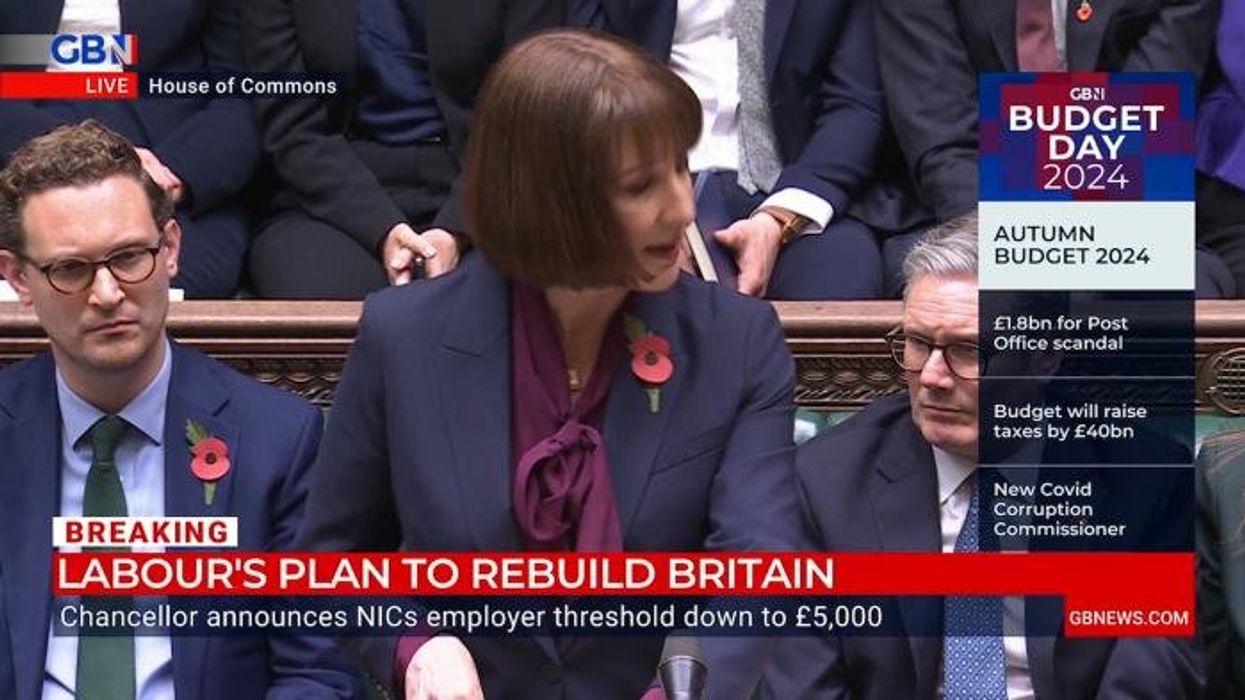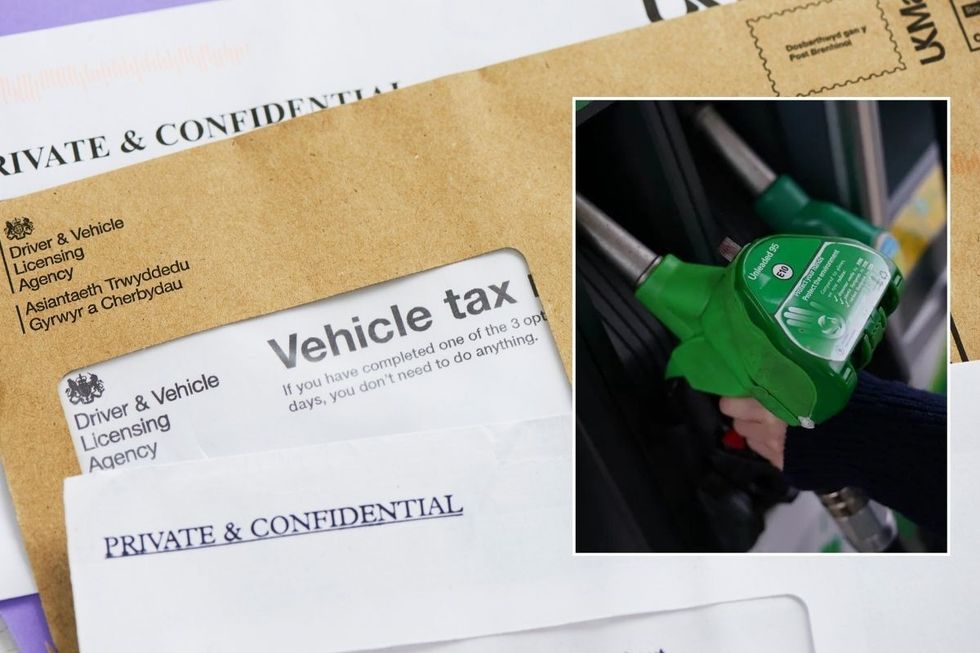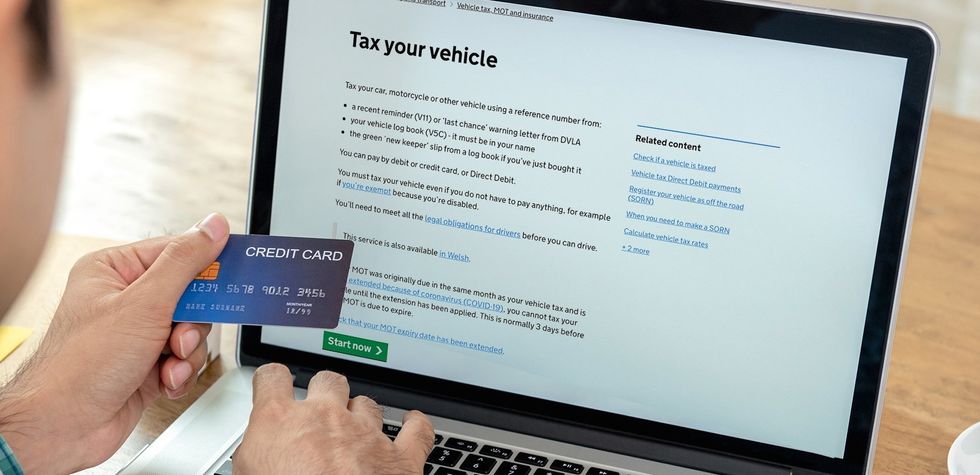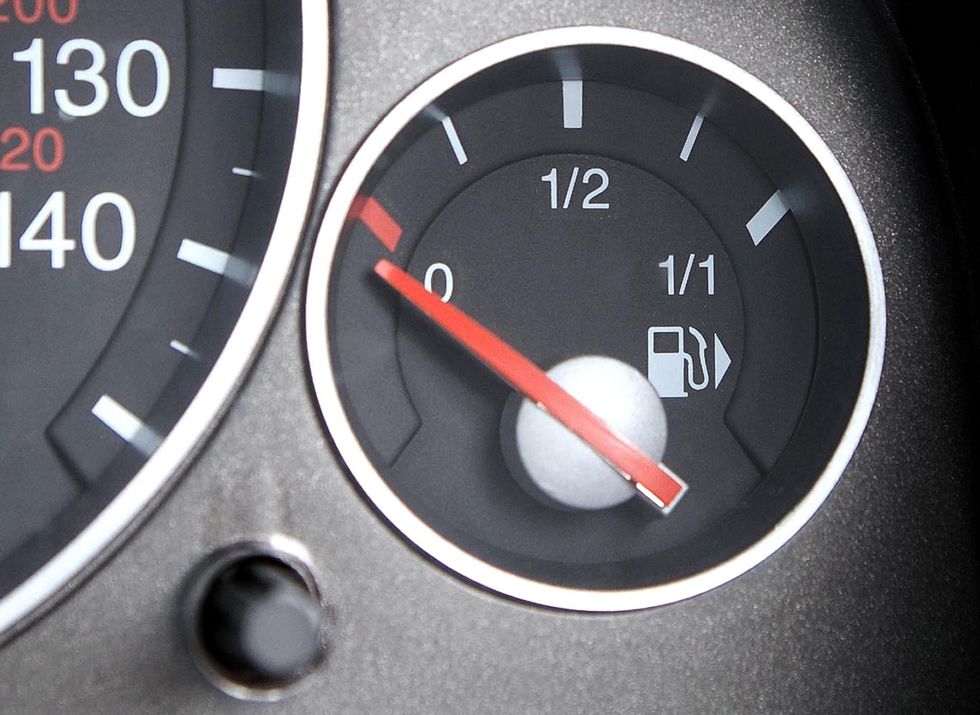Drivers brace for fuel duty and car tax hikes as new Budget proposals impact thousands

WATCH: Rachel Reeves announces new car taxes across the UK
|GB NEWS

The Guernsey Government has announced new taxes and fees for drivers next year
Don't Miss
Most Read
Latest
Motorists in Guernsey are set to face higher costs from next year, as the island’s Government announces a raft of tax increases targeting drivers.
From January 2026, fuel and vehicle duties will rise sharply, adding pressure to household budgets already stretched by the cost-of-living crisis.
Under the 2026 Budget proposals, the fuel duty will rise by 4.3 per cent, adding 3.7 pence per litre to the cost of petrol for drivers.
The move will push the overall duty rate to 90.5 pence per litre, while the concessionary rate for marine petrol will move to 61.4 pence.
TRENDING
Stories
Videos
Your Say
The Policy & Resources Committee, which drafted the Budget, has recommended the above inflation rise despite admitting that fuel volumes have been falling by about two per cent a year.
It means drivers will be paying more tax on a shrinking amount of fuel, as the Government looks for ways to plug a growing deficit in the public finances.
Ministers argued that the increase is needed to raise revenue, but many motorists see it as yet another example of the authorities treating them as an easy target.
But the squeeze does not stop at the pumps, vehicle first registration duty, which is the tax paid when a car is first registered in the island, will increase by 8.3 per cent.

The Guernsey Government will introduce new car taxes from January next year
| GETTY/PAThis increase translates to an extra £5 for the cleanest, lowest emission vehicles and up to £214 for the most polluting models.
It continues a pattern of above-inflation rises, following a period when rates were frozen between 2016 and 2022 but then doubled in 2023.
Adding to the cost burden, the Guernsey Government plans to introduce a new levy on high-value private vehicles during 2026, similar to the UK's Expensive Car Supplement.
The "luxury car tax" applies to any vehicle which costs more than £40,000 and is an additional £425 fee that drivers have to pay.
Details have yet to be finalised, but the committee has ordered officials to prioritise the work, with a formal proposal expected early next year.

The Government will introduce a new Expensive Car Supplement next year
| X/DVLALATEST DEVELOPMENTS:
But critics fear it could penalise anyone owning newer or higher-specification models, regardless of income or usage.
Deputy Lindsay de Sausmarez, President of Policy & Resources, insisted the measures were necessary, describing them as limited steps until broader tax reforms are debated later in 2026.
"Nothing fundamental can be done until next year's tax debate," she said. Even so, the entire package of new revenue measures is expected to raise just £1.2million in real terms, a small fraction of the £77million structural deficit Guernsey is facing.
Drivers using commercial car parks will also feel the impact. Under the Tax on Real Property system, car-parking buildings will see a 3.3 per cent rise, in line with inflation.
However, parking land will jump by a massive 35 per cent, pushing the rate to £7.42 per TRP unit.
The committee explained that the change reflects the lower economic productivity of open car parking areas compared with enclosed buildings.

The Guernsey Government will increase fuel duty by 4.3 per cent next year
| PAAfter a recent reclassification, the number of properties counted as car-parking land has increased from 1,106 to 6,138 units, meaning many more sites will now face higher bills.
For Guernsey motorists, it has been argued that drivers are being asked to shoulder an unfair share of the burden to close a financial gap not of their making.
De Sausmarez added: "We have identified £4million as the first tranche of savings we think realistically can be delivered.
"We didn't want just to pluck an arbitrary figure out of the air. We have based it on some thought.
"I should stress this is the first year of a continued programme and it will be quite structured and there will be accountability around that."










